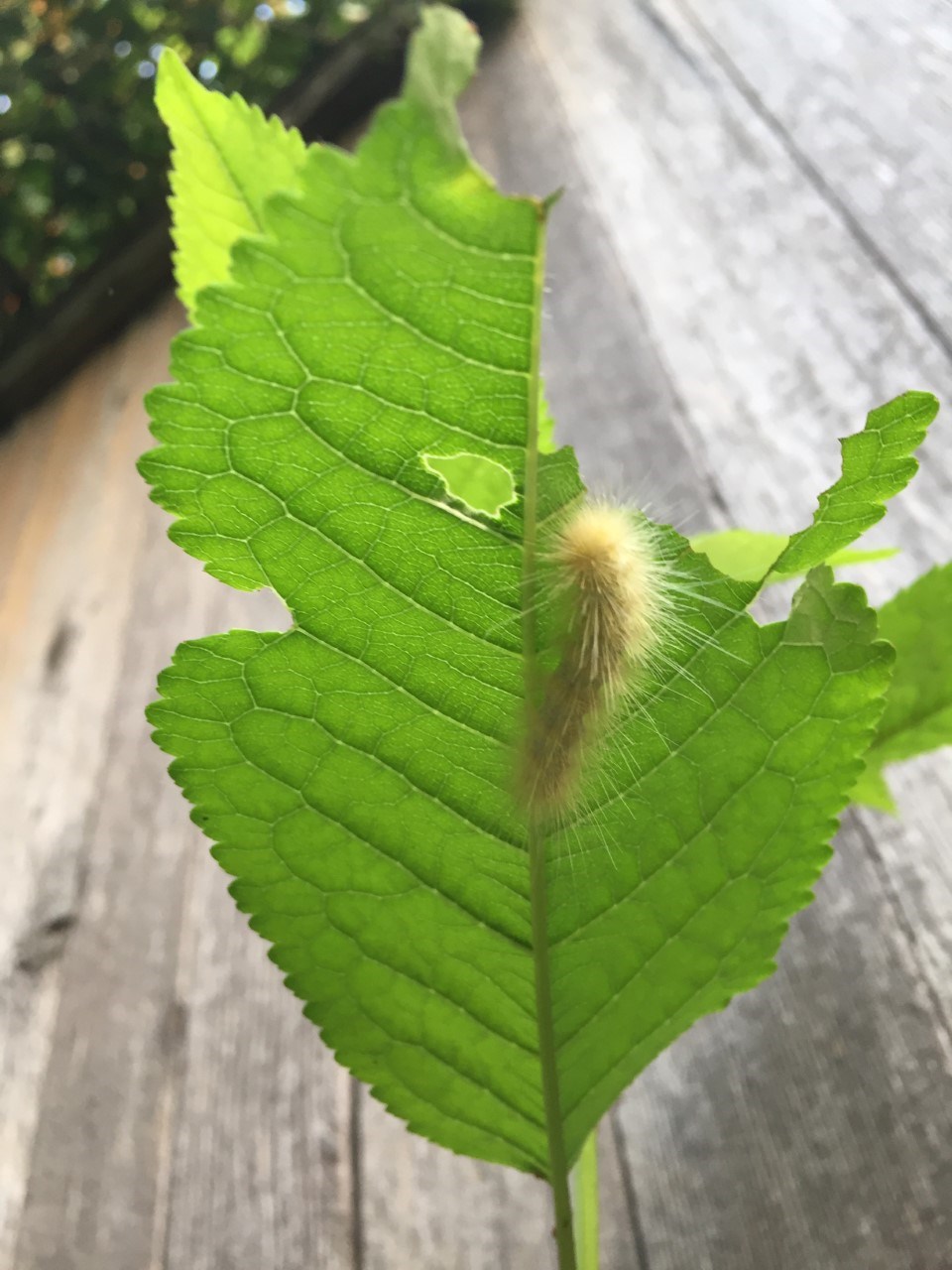The following column was submitted to the Tri-City News from Brian Minter — master gardener, best-selling author, Order of Canada recipient and co-owner of Minter Country Garden Store.
It's awfully nice of you to share your garden with the ever-increasing numbers of insects that seem to be appearing from nowhere these days.
If you are even a little bit amazed by all the competition, now may be a good time to learn about the many effective techniques and organic options for dealing with insects.
There have always been organic ways of controlling insects in our gardens, but most of us have never taken the time or made the effort to use them.
Organic insect control does not have to involve extra work, nor is it necessary for daily applications to achieve effective results. Organic pest control starts with smart thinking. First and foremost, your garden should be clean. That means no weeds at any time of the year to act as host plants for insects during any one of their life cycles. If you don't have time for weeding, easy-to-use, inexpensive and effective weed barrier cloth is available to solve that problem.
Step two is getting your soil in shape. I sound like a stuck record talking about light sandy soils, but they are far less inviting to the many insects that prefer heavy, wet soils. Sand, bark mulch or sawdust (fir or hemlock), worked into heavy soils, will really make a huge difference.
Step three is smart garden planning. If you have been having trouble with cabbages, radishes and turnips for years, why grow them? Grow plants you enjoy but grow those that have fewer problems. Pole beans, broad beans, parsnips and cucumbers are usually fairly good. Be more selective in the flowers you plant too. When is the last time you saw insects or slugs attack fibrous begonias or impatiens?
Step four is companion planting. In the book 'Carrots Love Tomatoes,' by Louise Riotte, you'll find all sorts of plant combinations that successfully keep insects at bay — or, you could plant garlic with everything!
After years of reading Organic Gardening magazine, the obvious and most effective way of controlling virtually all insects is the use of row covers. They are cheap, easy and effective. Lightweight Remay coverings, simply draped over young seedlings and held down with soil, can stay in place until the plants mature. Your plants will be warmer; they will grow faster; and insects can't get at them. It is especially effective right now to prevent damage from the carrot rust fly.
If all this fails, there are organic pesticides available that really work. B.T., the initials for a dynamic little bacteria called Bacillus thuringiensis, is one of the best controls for many chewing insects. Once you spray it on, (read the instructions first) most insects stop feeding immediately, and within three days, they are gonzo. You must use it on a regular basis, say once a week for as long as you see those cute little moths and white butterflies flitting about your flowers and veggies.
Silicon dioxide - the proper name for 'Diatomaceous Earth' - is a powder made from deposits of ancient creatures called diatoms. Many companies are producing it under different labels but when used on a regular basis for many crawling insects, it seems to be doing a fairly good job. Fleas are not that happy about it either. Use it in pet beds, kennels and on their bodies. The jury is still out on slug control.
There are many soap products available today, but the ones with a more broad-spectrum control, like Safer's 'Trounce', are, seemingly, more successful. Don't forget, we've had pyrethrins and many other products available for years, and they, too, do a reasonably good job.
The best insect control is careful observation. When the insect population is huge, and your plants are half gone, it's too late.
Preventative organic spraying on a weekly basis, when you've had problems in the past, really works.
Planting flowers and shrubs that attract birds and setting out bird baths will help you gain some valuable allies in your battles.
Organic insect control is actually fairly easy — all it takes is the will to do it.



